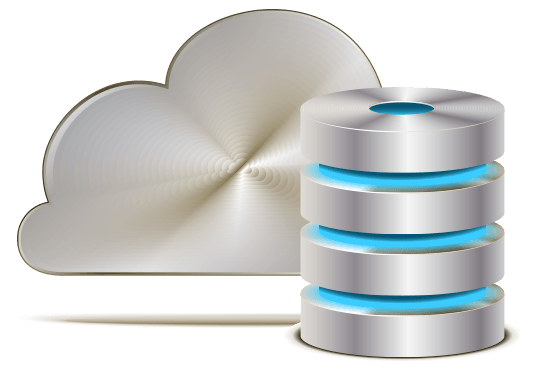Why You Should Start Backing Up to the Cloud

I have a set of four 4TB hard drives sitting next to me that I’ve been waiting to put in my existing NAS. It’ll take me from 8TB of storage to 16TB. I was even considering upgrading to an 8-bay enclosure so I could combine them, for a total of 24TB (minus parity).
But now I’m thinking I should just go to the cloud. Permanently.
ProCon
Let’s look at the goods and bads, as they were:
NAS
[ PRO ] Backups and restores are fast
[ PRO ] A cloud compromise doesn’t get your stuff stolen
[ CON ] They’re somewhat expensive
[ CON ] They need to be upgraded from time to time
[ CON ] They need to be encrypted (but few people do it)
[ CON ] If someone breaks in and steals your NAS, you’re screwed
[ CON ] If your house burns down, you’re screwed
[ CON ] If you lose too many disks, you’re screwed
CLOUD
[ PRO ] It’s set and forget. No more worrying about hardware
[ PRO ] Someone could steal everything in your house and you’d still have your photos and other data
[ PRO ] Your home could burn down and you’d still have your photos and other data
[ PRO ] You can restore from anywhere that has internet access
[ PRO ] You have automatic redundancy (most providers have multiple copies of your data in case of a hardware/datacenter issue)
[ CON ] Your data is out there (scary Scooby Do sound). No, but really, a compromise of the provider could lead to a compromise of your data
[ CON ] It could be slow to upload and download your data if you have a lot of it, or if you have limited bandwidth
Analysis
The speed point (local NAS being faster) has stopped really being an issue for me, especially since most of the cloud backup systems are continuous and intelligent, and internet speeds have risen significantly in the last five years.
The cloud services start backing things up as you create them, and they do it constantly. Plus you can control how much bandwidth is used for the task.
The concern of the cloud getting hacked is a real one, but I think it’s simply getting overridden by all the benefits of doing backups online. Or, perhaps even more importantly—of NOT doing them locally.
It’s a game of ‘what’s more likely’…
1) An attacker hacks your cloud backup provider, breaks the encryption, and gets all your sensitive data, OR… 2) your NAS setup has become too tedious, and you’ve stopped doing backups of your most important data, and/or your hardware breaks or runs out of capacity and you end up losing data.
There seem to be far more real-world options where the local, NAS-based approach fails, vs. where the cloud option gets hacked.
Fire
Theft
Hardware failure
Misconfiguration
Out of space
Etc.
With the cloud you install the agent, make a couple of config choices, and you just let it run. You don’t have to worry about the security and stability of your home (and your own hardware) being the foundation of the security and stability of your data.
Cloud backup options
[ NOTE: These are not in order. ]
iCloud
Google Storage
Backblaze
Dropbox
Carbonite
Crashplan
I’ve not investigated these in-depth yet, but most of them have comparable features. See the notes for other things to look for.
Conclusion
Cloud backups aren’t the solution for everyone. You might require your files to stay local, or maybe you are still on dial-up and can’t upload your content fast enough. But we have to remember what we’re trying to avoid, which 9 times out of 10 is losing that cherished photo or video of a loved one.
In other words, the primary risk is not having your data hacked—it’s not backing up something precious to you.
It’s for this reason that the pendulum is swinging towards cloud for me: It comes down to addressing the risk that’s most real (not backing something up) vs. the risk that’s most dramatized (hacking).
This NAS sitting next to me will probably be my last.
Notes
Select a provider that has an encryption option such that even if the data is stolen online it will not be recoverable by someone without the password.
You also don’t need to go all-or-nothing. You can put everything in the cloud except for a few sensitive things which you keep on removable media, backed up in a safety deposit box, etc.
One good way to think about cloud is to think of it as public. It doesn’t matter what controls are in place, once you put your data on the Internet you should consider it leaked—it’s just a matter of time. So one approach is to only put data out there that you don’t mind attackers having. The good news is that attackers probably wouldn’t care about 99.9% of your data. So, like I said above, just put that .1% somewhere else.
Here’s a short list of features considerations for cloud storage solutions: two-factor authentication, encryption, key management (only you having the ability to read your data), user interface, agent quality, backup frequency, storage limits, cost, etc.